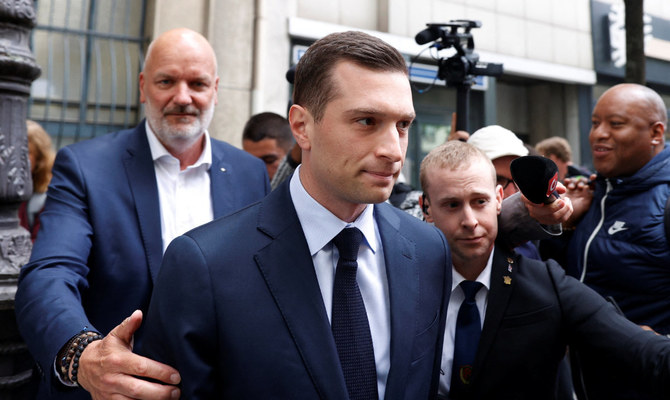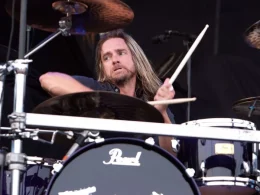Jordan Bardella, the dynamic leader of France’s far-right National Rally (Rassemblement National or RN), has once again stirred political waters by declaring a “cultural battle” and demanding a rebate from the European Union (EU). Bardella’s bold rhetoric reflects a deep-seated Euroscepticism and a desire to redefine France’s role within the EU. This article delves into Bardella’s recent statements, the implications for French and European politics, and the broader context of rising nationalist sentiment across Europe.
Bardella’s Vision for France

Jordan Bardella, who succeeded Marine Le Pen as the leader of the RN, has positioned himself as a staunch defender of French sovereignty and cultural identity. His call for a “cultural battle” emphasizes a return to traditional values and a rejection of multiculturalism, which he and his party view as a threat to France’s national character. Bardella’s rhetoric resonates with a significant portion of the French electorate that feels alienated by globalization and the perceived erosion of French culture.
Demanding an EU Rebate
Bardella’s demand for an EU rebate is a direct challenge to the current financial arrangements within the Union. He argues that France, as one of the largest net contributors to the EU budget, deserves a rebate similar to the one historically granted to the United Kingdom. Bardella contends that the funds saved could be better utilized to address domestic issues, such as improving public services and supporting local industries.
The Political Landscape in France
The RN’s growing popularity has significantly altered the French political landscape. Traditionally dominated by the center-right and center-left parties, French politics is now increasingly influenced by the RN’s nationalist agenda. Bardella’s leadership has rejuvenated the party, attracting younger voters and expanding its base. This shift poses a challenge to President Emmanuel Macron and his centrist La République En Marche! party, as they navigate the complexities of a polarized electorate.
Euroscepticism on the Rise
Bardella’s stance is part of a broader trend of rising Euroscepticism across Europe. Countries like Hungary, Poland, and Italy have also seen a surge in nationalist sentiments, with leaders advocating for greater national sovereignty and less EU interference. This growing discontent with the EU’s policies and bureaucracy is reshaping the political dynamics within the Union and raising questions about its future cohesion.
Implications for the EU
Bardella’s demands, if echoed by other member states, could lead to significant financial and structural changes within the EU. A rebate for France would set a precedent, prompting other net contributors to seek similar concessions. This could strain the EU’s budget and undermine its ability to fund various programs and initiatives. Additionally, the increasing push for national sovereignty challenges the principles of unity and cooperation that underpin the EU.
Analysis Table
| Factor | Description | Impact |
|---|---|---|
| Cultural Battle | Emphasis on traditional values and rejection of multiculturalism | Resonation with nationalist and conservative voters |
| EU Rebate Demand | Call for financial concessions from the EU | Potential strain on EU budget and precedence for other countries |
| Political Landscape in France | Growing influence of RN and challenge to centrist parties | Polarization of French politics and shift in voter demographics |
| Rising Euroscepticism | Increase in nationalist sentiment across Europe | Challenge to EU cohesion and potential rise in similar movements |
Comparative Table
| Country | Eurosceptic Party/Leader | Key Demands | Political Impact |
|---|---|---|---|
| France | Jordan Bardella (RN) | Cultural battle, EU rebate | Increasing influence on French politics |
| Hungary | Viktor Orbán (Fidesz) | National sovereignty, anti-immigration policies | Tensions with EU over rule of law and governance |
| Poland | Jarosław Kaczyński (PiS) | Judicial reforms, national control over policies | Strained relations with EU, legal disputes |
| Italy | Giorgia Meloni (Brothers of Italy) | National identity, immigration control | Growing support, impacting coalition governments |
Conclusion
Jordan Bardella’s vow for a “cultural battle” and his demand for an EU rebate underscore the shifting dynamics in French and European politics. As the RN continues to gain traction, its influence could lead to significant changes in France’s relationship with the EU and the broader political landscape. The rise of Euroscepticism and nationalist sentiment across Europe presents a challenge to the EU’s unity and stability. The future of the EU may hinge on its ability to address these growing discontents while maintaining the principles of cooperation and solidarity that have defined it since its inception.









